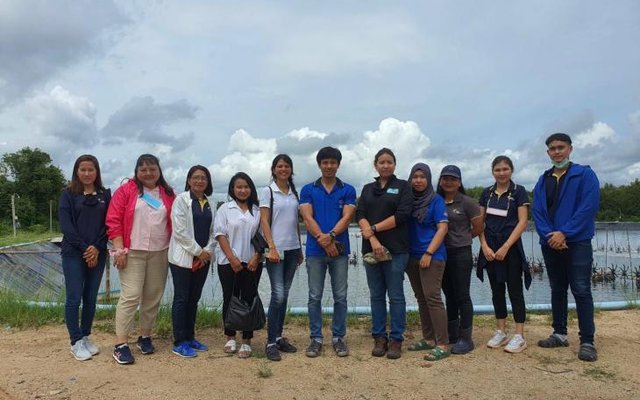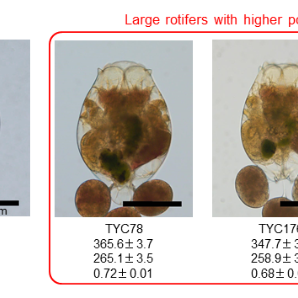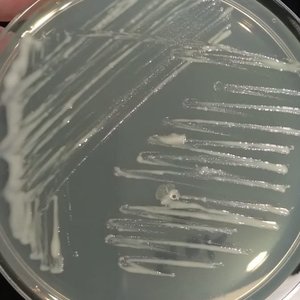A new project aiming to make the ASC program more accessible and affordable to farmers is underway with the help of shrimp producers Thai Union and Okeanos, who are testing the technology at three farms currently preparing for ASC certification.
The project aims to test the benefits of a farm management tool developed by VerifiK8 which could provide a “gap analysis” to farmers, telling them where improvements may be needed to meet ASC requirements. The tool offers a pre-digested checklist in Thai that covers the standard metrics. All data and documents can be uploaded directly to the platform through a web or a mobile application.
This project represents an early pilot, but potential further benefits of the tool could include identifying compliance gaps to provide risk-based training that is targeted at the specific needs of farmers. Currently, many farmers receive training on the ASC standards and requirements to help them prepare for certification, and in the future, this training could specifically focus just on the areas identified as needing improvement by the tool.
If successful, the tool could enable farmers to make the right improvements before beginning the audit process, saving time and money while improving environmental and social management practices.
The project is funded by ISEAL, which is the global membership organization for certification programs, as part of its work to support improvement projects in industries around the world. Thai Union will be using the tool at the farms which are applying for ASC certification to determine if and where any gaps exist between the farms’ performance and the strict requirements in the ASC Shrimp Standard.
Currently, farms often employ consultants to assess their farms before applying for ASC certification to find out if they are likely to meet requirements, which can be prohibitively expensive for smaller businesses. ASC is proactively working to make the program more accessible to smaller farmers in a number of ways such as group certification, which allows multiple small farms to share some of the costs of certification without lowering any of the ASC’s strict requirements. It is hoped that this tool could further assist smaller-scale producers who want to demonstrate their responsible practices.
“Smaller producers make up a significant portion of global aquaculture production, so for ASC’s mission to improve aquaculture standards to succeed these farmers must also see the benefits of ASC certification,” said Pla Duangchai, ASC regional coordinator for SE Asia. “This tool removes some of the barriers that can make this difficult and provide a scalable and affordable path to ASC certification, with its benefits for producers, local communities, and the environment. We’re grateful to Thai Union and ISEAL for their support, which has made this project possible.”













